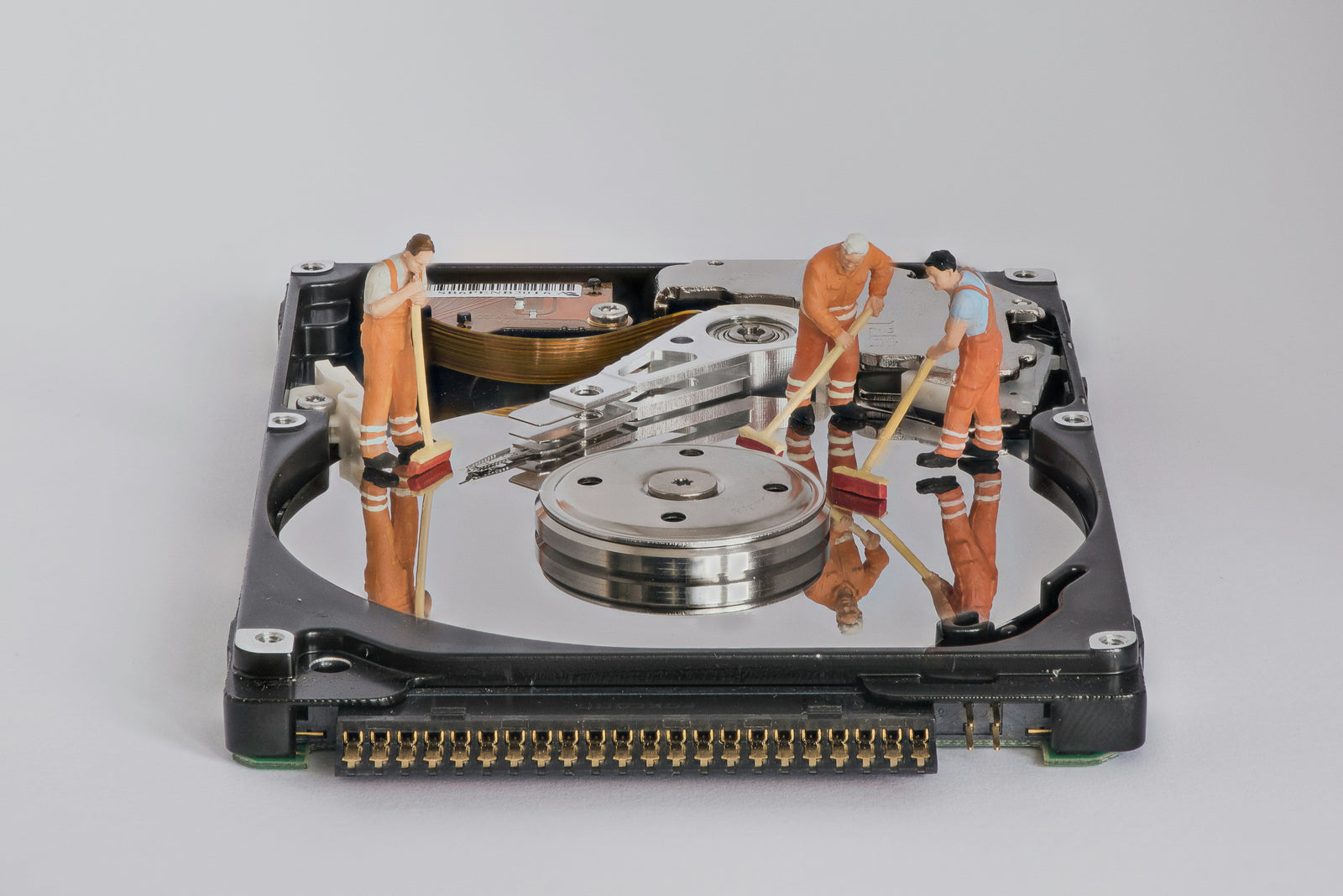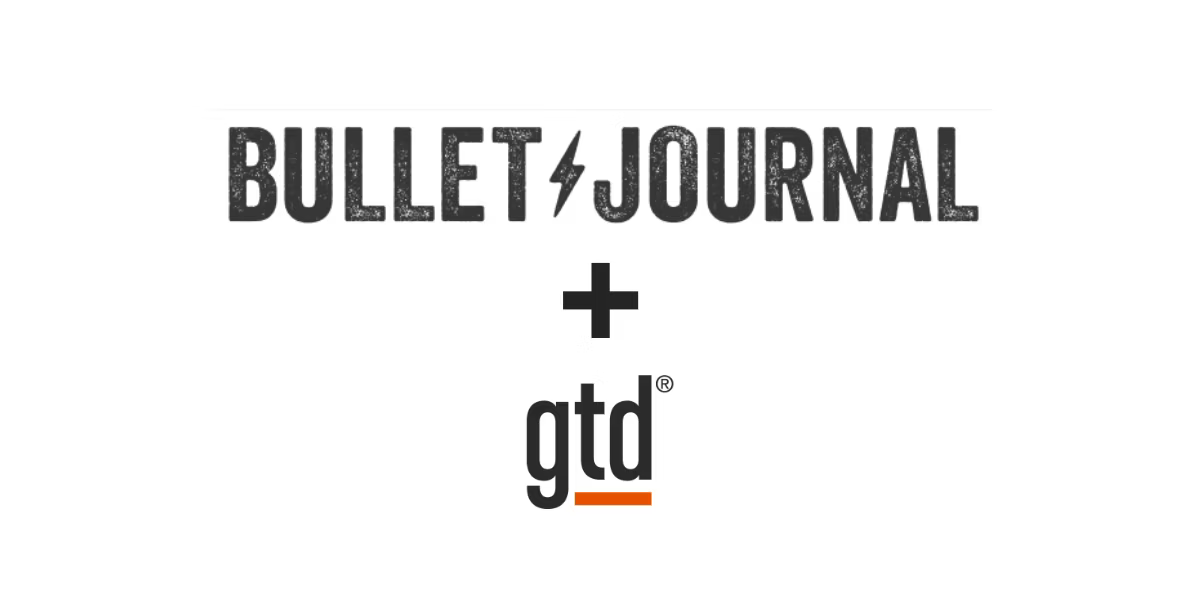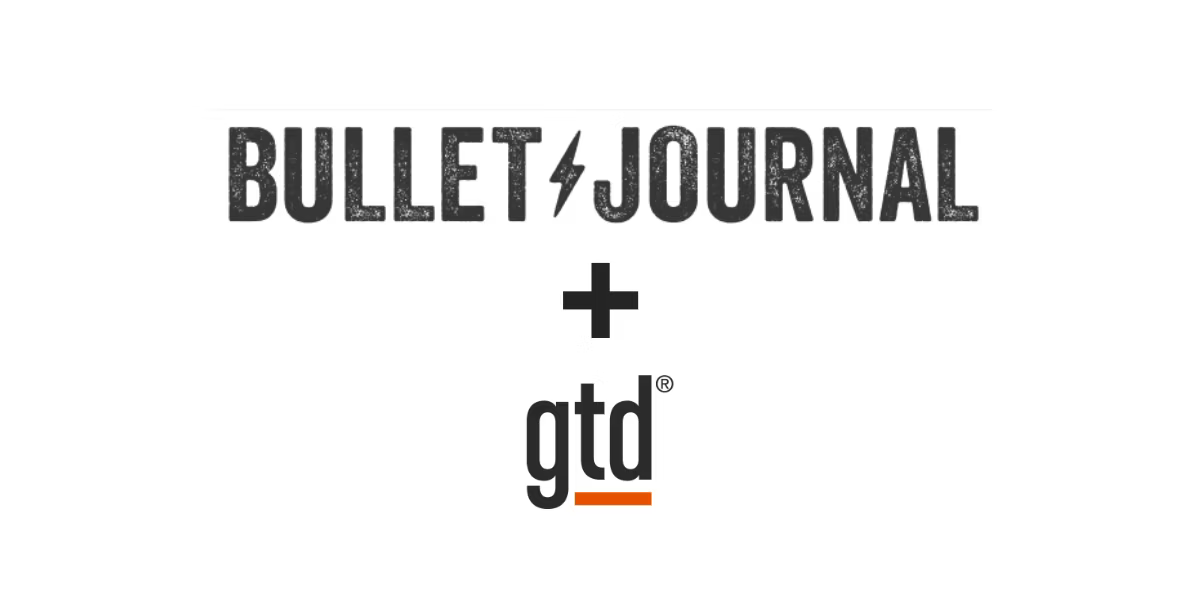“Have nothing in your homes that you do not know to be useful or believe to be beautiful.”-William Morris.
Studies have suggested that we have 50,000 thoughts every single day. A lot of those thoughts are about - or the result of - the things that we task ourselves with. There are never enough hours in a day, right? As an adult that’s just known as “being busy.” Being busy, does not mean we’re being productive. For most of us, it’s just a state of being functionally overwhelmed. This is the result of the overwhelming amount of choices we have in our modern lives.
Though it is a privilege, the freedom of choice comes at a real cost. Each choice requires us to make a decision. Each decision requires focus. Focus costs us our most precious currency: our energy and time. We don’t like to think about how to invest our energy and time, because it’s, well, really heavy. We can’t constantly be running around asking ourselves, “what do you want to do with your life”? It would be dreadfully exhausting.
It’s like going to the supermarket hungry without any idea what you want to eat. You walk in and are immediately overwhelmed with the countless choices lining the aisles. You usually end up just randomly picking all sorts of junk off the shelves you don’t need, stuff that gets added to your growing pantry of shame, other stuff gets neglected and goes bad. It’s a mess. Worse, it’s often a waste.
Decision fatigue is a real condition and it can lead to decision avoidance. Rather than dealing with things, we keep jamming them into the back of our mental pantry until there’s no more room to think clearly. This causes a lot of stress and anxiety because it feels like we’re losing control. You need mental room to get some perspective. So how do we make room?
Like cleaning a pantry, the first step is to take everything out. Externalize your thoughts by decluttering your mind. Sit down with a sheet of paper, and list out all the things you’re working on, should be working on, and want to be working on. Create a mental inventory.
This mental inventory provides you with a clear picture of how you’re investing your time and energy. Now ask yourself why you are doing those things. Don’t overthink it. Simply ask yourself are these tasks worth it, or are they meaningless and therefore holding you hostage? I call these distractions.
We burden ourselves with unnecessary responsibilities all the time. We’re so distracted by all the things we should be doing, that we forget to ask ourselves why we are doing these things, do we want to be doing these things. Now you have this mental inventory to remind you.
For each item, ask yourself two questions. 1. Is this task vital? Think rent, or taxes 2. Does this really matter to me, or someone I love? If the answer is no for both, you’ve identified a distraction. Cross it off your list. As your list becomes shorter, your become less distracted.
This process can be really handy before setting up a Bullet Journal. It’s like throwing out all the stuff you don’t love when you’re moving homes. Cut the dead weight. Bring only the things that continue to inspire you.
What will you bring?
About the Author:
Ryder Carroll
Ryder is the creator of the Bullet Journal. He's a Brooklyn-based digital product designer and art director.






Steph A
May 15, 2017
Very good points, and so relevant for me right now. I’ve just bought my first bullet journal and am figuring out what style to start with, and also what my goals are. This article triggered an ‘aha’ moment. Feels good!